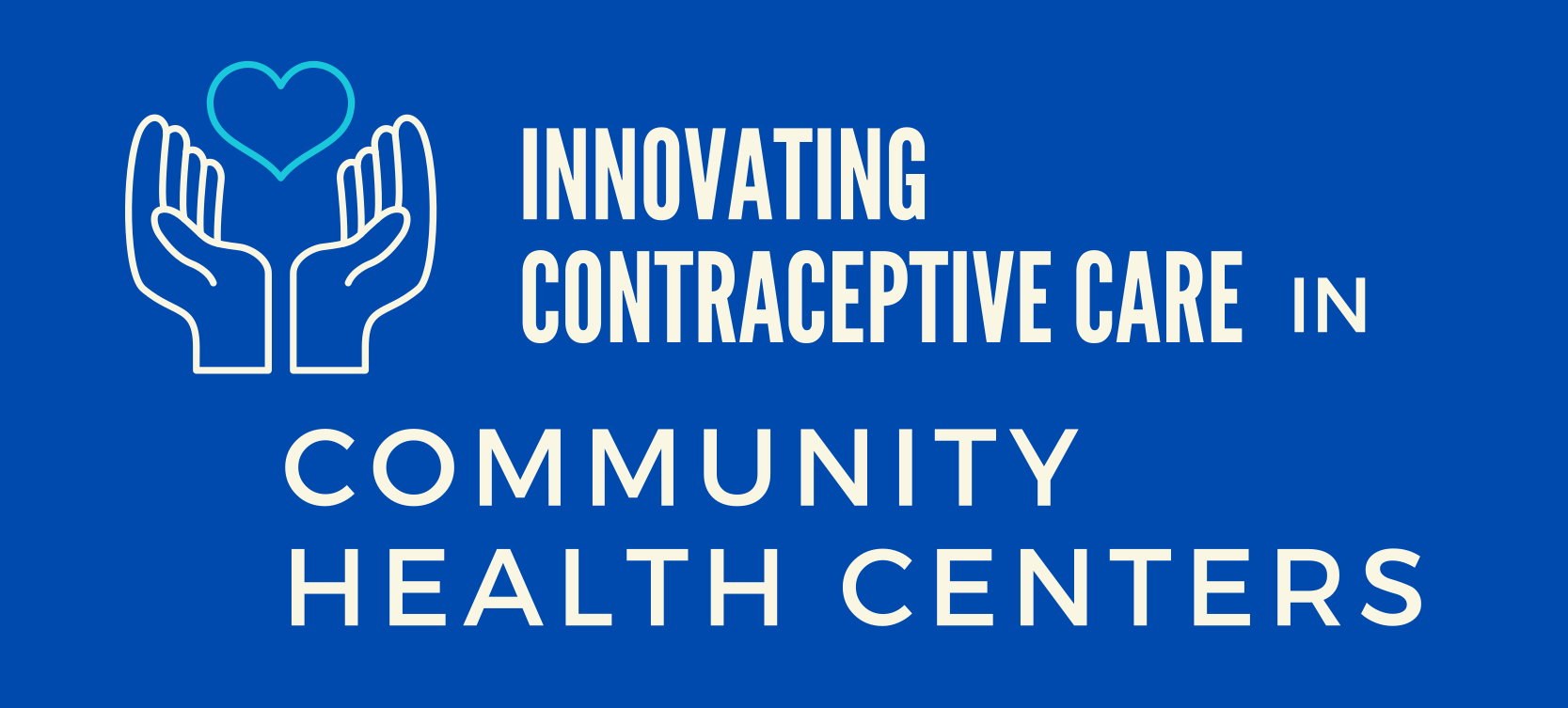The Innovating Contraceptive Care in Community Health Centers (ICC in CHCs) project, led by UCSF’s Person-Centered Reproductive Health Program (PCRHP), will assist CHCs in implementing two types of quality measures: one specific to the patient experience of contraceptive counseling and the other related to clinical care. Additionally, participants will partake in a Quality Improvement (QI) Learning Community centered on reproductive justiceA framework developed by Black women that emphasizes the human right to maintain personal bodily autonomy, have children, not have children, and parent the children we have in safe and sustainable communities. and improving contraceptive care. They will also complete a clinic assessment of current practices and then identify and apply strategies to address areas of potential improvment.
ICC in CHCs Quality Measures:
-
Person-Centered Contraceptive Counseling (PCCC) measure: A patient-reported outcome performance measure (PRO-PM) that assesses the quality of contraceptive counseling. Endorsed by the National Quality Forum (NQF) in Winter 2020, the PCCC measure utilizes a 4-item scale that assesses the three domains of person-centered contraceptive counseling: Interpersonal Connection, Adequate Information, and Decision Support.
-
SINC-Based Contraceptive Care electronic clinical quality measures (eCQMs): These are measures of contraceptive provision that are created from data in the EHR. The primary measure captures the percentage of women who are interested in talking about contraception or pregnancy prevention and who use a most or moderately effective method in a calendar year. Additional measures capture the percentage of these women who receive a highly effective reversible method (contraceptive implant or intrauterine device) (LARC) in a calendar year, and the percentage of postpartum women who receive a moderately or highly effective method in a calendar year.
This innovative approach to QI in contraceptive care and counseling is essential due to the unique and sensitive nature of decisions related to sex and pregnancy, as well as the historical context and present-day coercion. The independent use of the PCCC measure (used to capture patient experience) and eCQMs (to assess clinical outcomes) provide opportunities to innovate elements of clinical quality. However, the combination of measures gives a complete picture of healthcare quality and expands opportunities to advance comprehensive, multifaceted QI.

